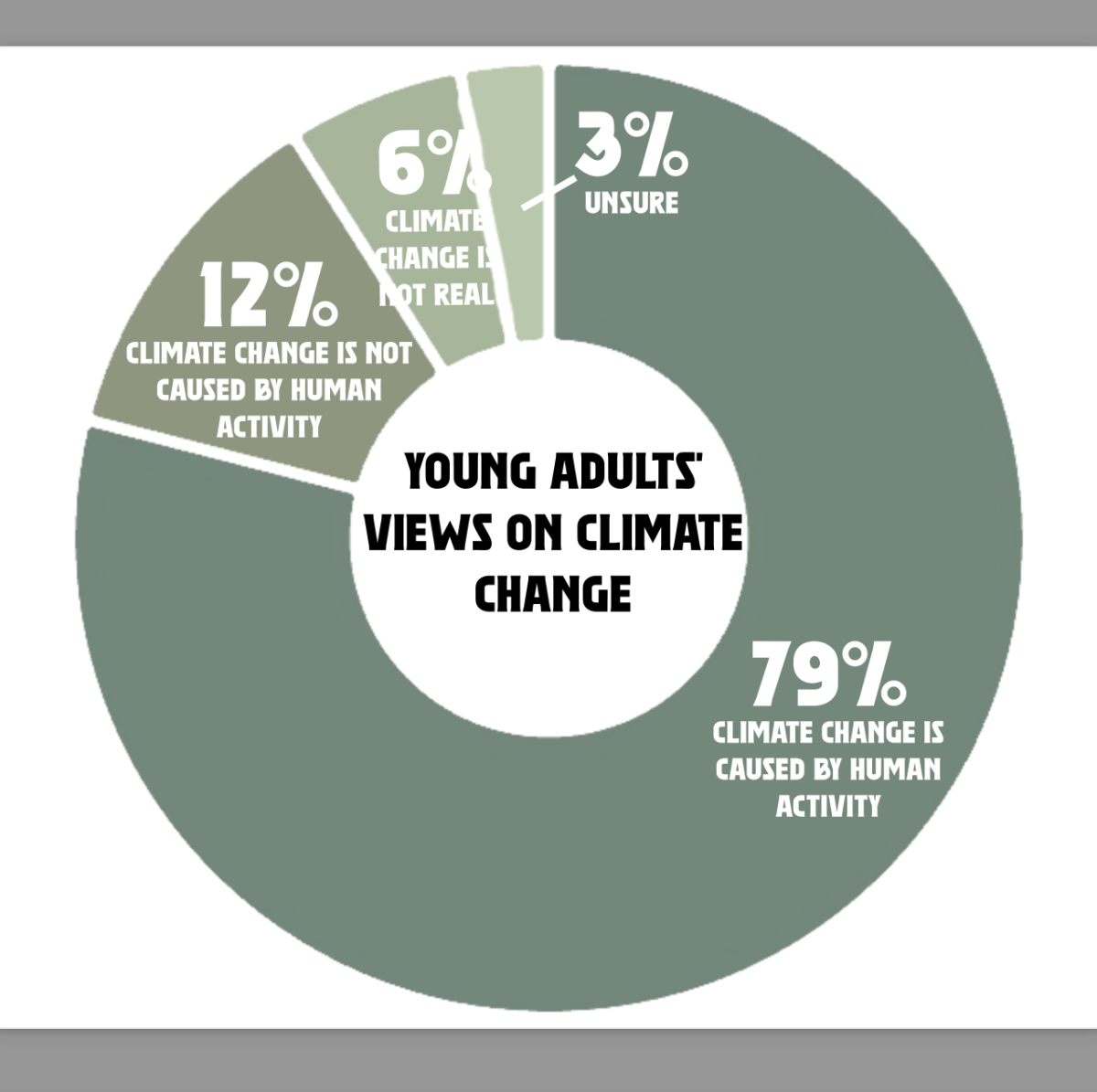I remember it like it was yesterday. I nervously crane my neck to try and see what the driving instructor is scribbling on a clipboard. After an agonizing two minutes, I hear what I’ve been waiting to hear since I got my permit.
“Okay, so where is the first place you’re going to go?” Passing your driver’s test is the best feeling. Getting your license is something high schoolers look forward to after drivers-ed. Your license is like the golden ticket, your passport to freedom. The moment I held that magical piece of plastic in my hands, I knew I had made it.
After leaving the DMV, feeling like I was on top of the world, all I wanted to do was pick up my friends and flaunt the fact that I didn’t have to drive with my parents in the backseat. There was only one problem: I could only drive one friend. Getting your license is a ubiquitous part of growing up and being a teenager. Illinois Initial License driving restrictions poses a law that most new drivers cringe at: until you turn 18 years old, you may only drive with one passenger who is not an immediate member of your family.
However, while this law is technically in place, lots of people do not abide by this restriction. New drivers (or drivers under 18), do not have what they call a full license. We’ll call it a half license. We get to drive by ourselves, but with more restrictions.
In addition to the extremely limited amount of people we can drive, we also have strict curfew restrictions, for different times on certain days.
However, I do see where the concern lies. Driving accidents involving teens are triple that of adults. Statistically, teen drivers are more prone to distracted driving and crashes, compared to more experienced drivers. That said, I am comfortable with my driving abilities, and I think I am a safe driver. If I’m staying late at a friend’s house, and people need rides home, I’m not going to deny them that. This is just one scenario that could come up for new drivers. In many cases, when a situation arises where a new driver may need to drive more than one non-family member home past curfew, they will, regardless of the restrictions.
A common mode of transportation for students is carpools. They are easy, efficient, and even eco-friendly. Sometimes, the only way for kids to get to school is to drive multiple people to and from South, even if the primary driver is only 16.
Personally, I have not been pulled over by the cops. Hopefully, neither have you. When going to or from places, people don’t want to deny their friends rides, when they need them, under any circumstance. It is a hassle to try and make alternate arrangements, just because we’re not technically allowed to drive more people. If I am confident in my abilities, and feel it is safe, I’m obviously going to say yes if my friends ask for rides. A lot of people don’t have their own cars, or access to parents’ cars, so if I get lucky and am able to drive my parents car for the night, I’m going to give someone a ride home.
While there are concerns that are rightfully raised, I believe that teens should be able to judge and assess a situation. If I think it is safe to drive two people home from a friend’s house past 11, I do not think my license should be suspended. Texting and driving or driving under the influence seems like more pressing issues than the amount of passengers allotted for a half-licensed driver, or breaking curfew.
I would never put myself or anyone else in danger, of course. I just feel if you break the rules, or have to, break them responsibly. I’m just going to cross my fingers and hope I don’t get pulled over the next time I’m driving with more than one non-family member past 10.

















